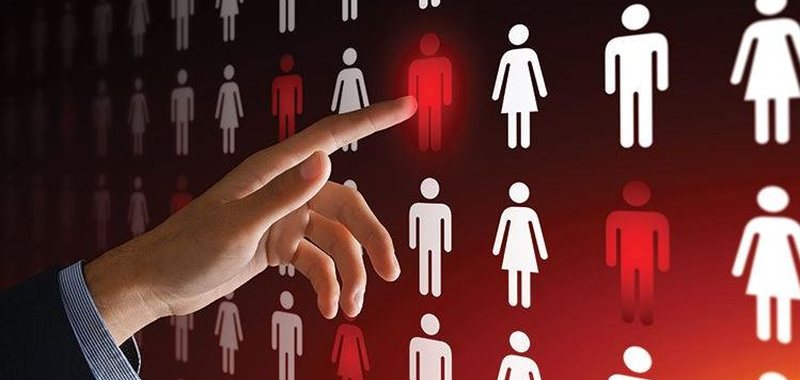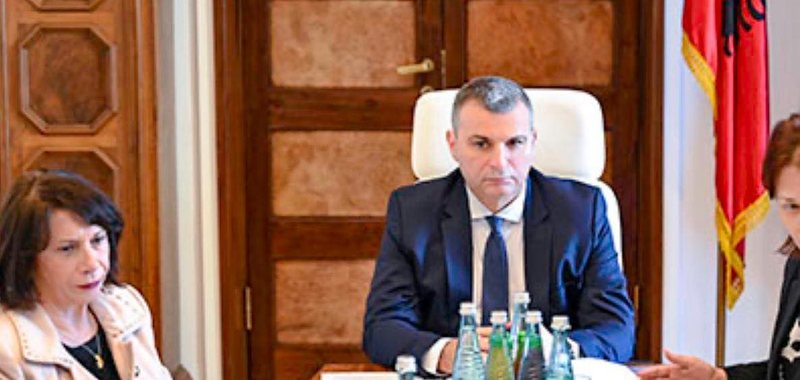Analysis/ Political crises in France and Germany: Big trouble for Europe's sick economy!

A political vacuum in France and Germany, the EU's two biggest and most influential players, spells trouble for an already ailing European economy. The French parliament yesterday voted no confidence in the prime minister, making Michel Barnier head of the shortest government under the Fifth Republic.
President Emmanuel Macron will now be under pressure to name a replacement and is even facing calls to resign. The political row that put Barnier in the lead over the 2025 annual budget suggests it will now be even harder to address the country's economic woes. With a deficit of 6.2% of GDP, France already has the worst budget imbalance in the eurozone.
Barnier's plan aimed to address that long deficit using the maximum seven-year time frame allowed by the EU's new fiscal rules. Whoever forms the new government will now have a hard time pushing through the tax and spending proposals. There cannot be new elections until the middle of next year and none of the three blocs in France's National Assembly can muster a majority.
Many on the left have called for softening wider reforms to the pension system, which were a central part of Macron's liberal agenda; In the near term, far-right Marine Le Pen was calling for the costly policy of indexing pensions in line with inflation.
Worse still, the crisis in Paris comes alongside a bad state of affairs in the EU's other economic and political powerhouse, Germany. The bloc's biggest member next year will also be its worst performer economically: Germany is forecast by the European Commission to grow by 0.7% next year, after contracting in 2024.
And Berlin is facing its own political problems. The three-party governing coalition collapsed in November after disagreements over fiscal policy between Socialist leader Olaf Scholz and his liberal finance minister, Christian Lindner.
Scholz has announced early elections for February. During the intervening chaos of governance, Berlin has sent no plan to the EU on how it will tackle its deficit over the coming years, despite leading the political call for Brussels to have strict fiscal rules. Europe's bleak economic picture is unlikely to get any better. It has increasingly chilly relations with key trading partner China, as the EU seeks to "de-risk" a rising geopolitical foe.
US President Donald Trump's campaign promise to impose 10% tariffs on European goods will bring a further headache by imposing a direct economic cost on EU exporters and a difficult choice for national leaders on how to revenge.
The threat of Russian aggression and the possible withdrawal of the US from NATO will also mean that Europe has to stretch its pockets to invest in the military. And the political vacuum threatens to derail broader efforts to tackle a sluggish European economy. In recent months, two former Italian prime ministers, Draghi, Letta, have issued grim warnings about European competition, which has been far outmatched by the US. But with little guidance from Paris and Berlin, the two capitals seen as the engines of the European project, it is not clear whether their proposed solutions will be heeded.
Draghi and Letta have proposed some politically difficult ideas: joint borrowing through Eurobonds, the creation of capital markets or a new pan-European investment fund to match massive US green technology subsidies.
In practice, these ideas could include sharing risk with other governments, increasing financial contributions to Brussels, further reforming pension systems or removing national financial supervisors. This is a toxic political mix for any national government, even worse for a fatally weakened one.

Mexico seizes a record amount of drugs worth 400 million dollars after Trump's tariff threat!
Mexican troops have seized a record amount of fentanyl pills in the northern state of Sinaloa, equivalent to more than 20 million doses of the drug. Speaking......

The President decrees the date of the elections, set for May 11, 2025 - Signature of the head of state after consultations with political parties and CEC
This Thursday, the President of the Republic of Albania Bajram Begaj issued the decree for setting the date of the elections for next year. Referring to the......

Study: ¼ of musicians' income will be lost to AI by 2028!
In just four years, a quarter of musicians could have their financial income threatened by AI-generated music. The alarming statistics come from a new global......

"The lack of farmers is increasing the prices of production" - Vuksani: At this rate, dependence on imports is coming and will increase
Fruits, vegetables, beverages and other food products. According to the Institute of Statistics, production prices for food products have increased......

118 vacancies in the KKMT - From hall operators to lawyers. What employees are required?
The National Traffic Monitoring Center that is expected to be established will monitor the main road axes of the country 24 hours a day, 7 days a......

Bitcoin Hits Record Above USD 100,000 - US Government Support Will Strengthen Crypto's Role, According To Investors
Bitcoin topped $100,000 for the first time on Thursday, a milestone that even critics are hailing as a sign of growth for cryptocurrencies. Investors hope......

In 10 months, PIH inspected 88 subjects - What are the administrative measures and controls performed?
The Albanian government has taken initiatives against the informality of businesses, but what are the measures taken by the State Labor Inspectorate? Based......

5 ALL and 10 ALL metal coins will be reprinted at legal tender - BSH Supervisory Council: Goal, meeting the economy's requirements for money
The Supervisory Council of the Bank of Albania approved the reprinting of Albanian metal coins with legal tender, in denominations of 5 Lek and 10 Lek. This......


















